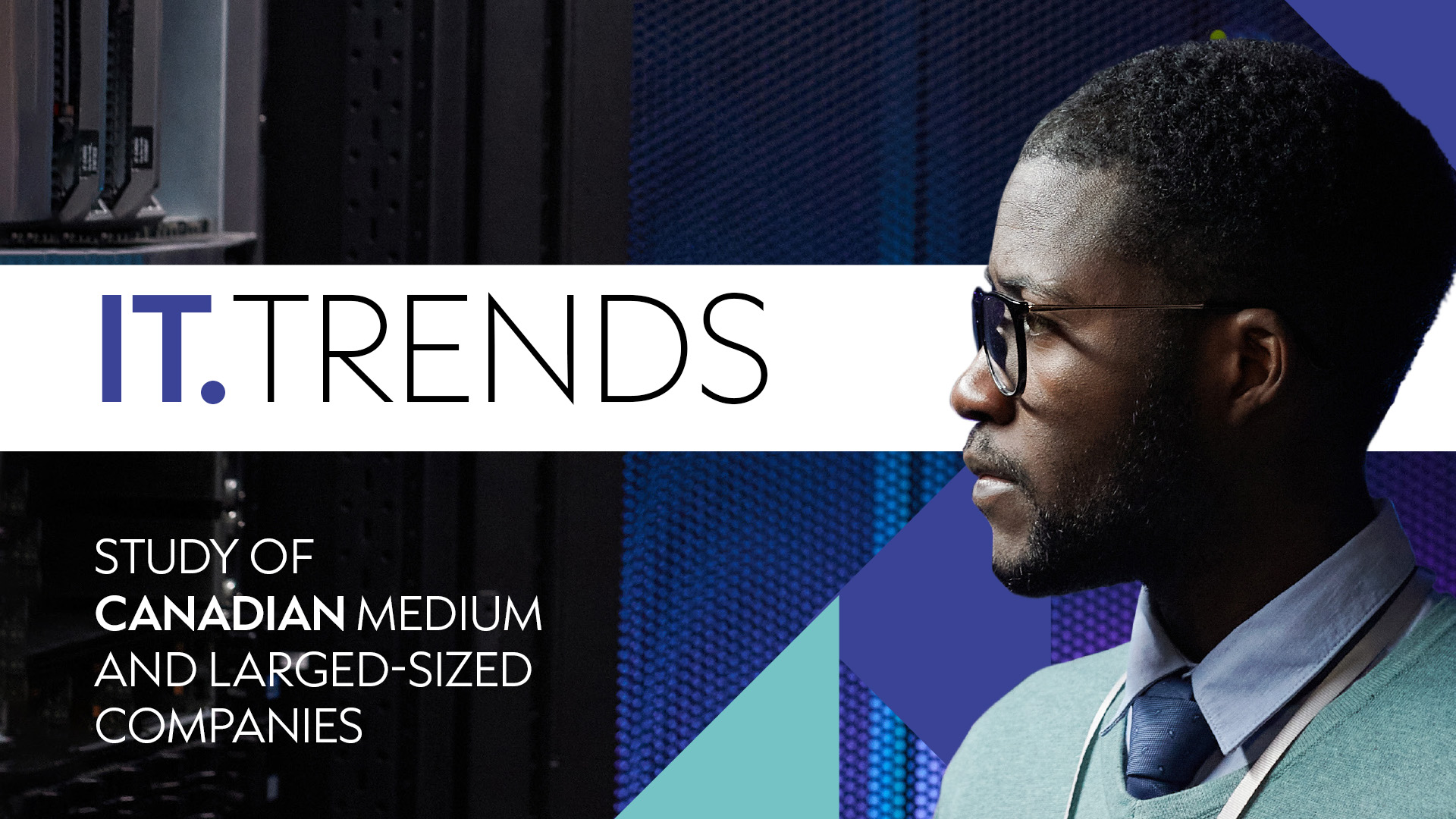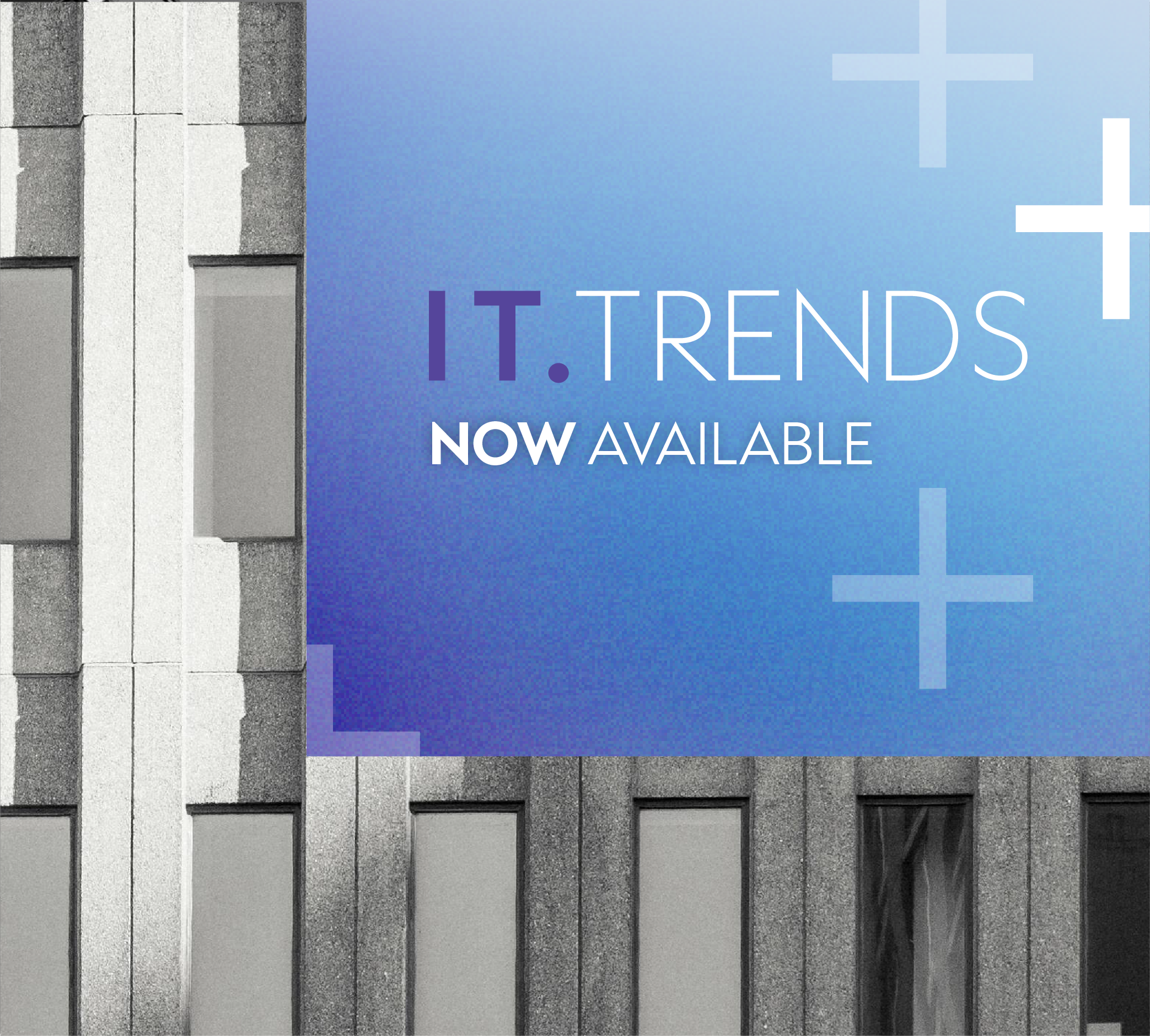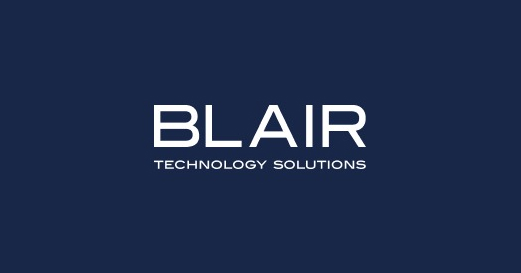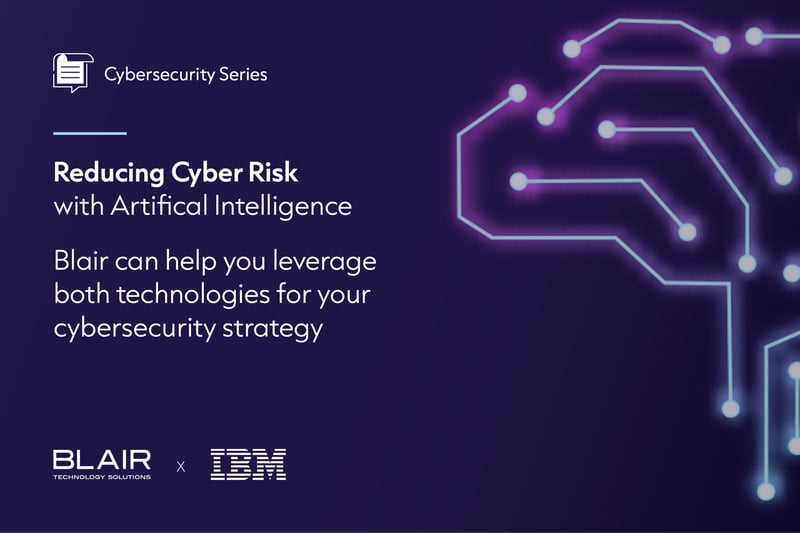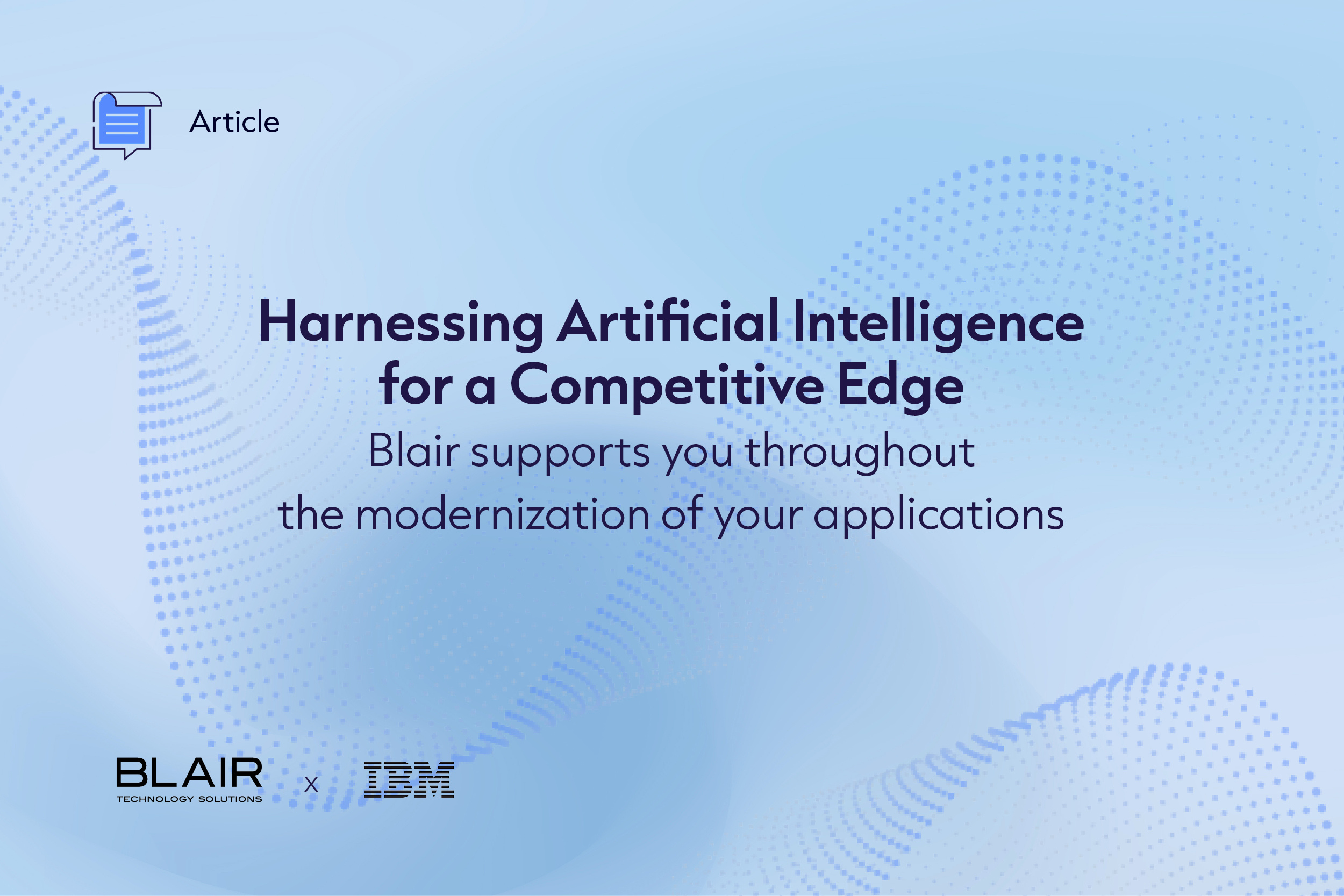Cyberattacks cost organizations a substantial amount of money.
- According to the latest NOVIPRO Group and Léger IT Trends, a company hit by ransomware will, on average, pay $500,000 to cybercriminals
- An IBM report titled “Cost of a Breach” goes even further, estimating the cost of a data breach at over $4.99 million: this amount not only includes the ransom but also business interruptions, customer churn, response costs and regulatory fines, along with many other hidden costs associated with the data breach
To avoid these costs, along with the damage involved, artificial intelligence (AI) and automation can provide a relevant strategy.
According to the 2024 IT Trends, cybersecurity enhancement represents the second most cited response by Canadian business leaders when justifying their investment in artificial intelligence.
Globally, two out of three businesses have already used artificial intelligence to prevent cyberattacks – a 10% increase over 2023. According to the IBM report, companies that use AI to detect cyber threats reduce the cost associated with a security breach by an average of $3 million.
Many companies work with sensitive data and must therefore ensure that their data processing remains secure, confidential, and compliant with local and international regulations.
Download our free guide to learn more about the industry’s best
practices when backing up your data
Security: Investing Smartly to Improve Your Posture
According to IBM’s report on data breaches, the three economic sectors with the highest data protection and recovery expenditures are the following:
- Finance: $12.47 million
- High-tech: $10.54 million
- Manufacturing: $10.5 million
To mitigate these impacts, companies must consider a number of solutions, including the following:
- Cloud security management
- Infrastructure access rights management
- Cyber threat detection and vulnerability management, including identification and remediation
There are several AI-enhanced options available for your own data’s security:
- Multi-factor authentication (MFA): AI can ensure secure access to a company’s IT environment. By analyzing the user’s location, connection times and behaviours, AI can detect suspicious activity
- Network analysis: Blair regularly uses a product with AI capabilities to detect suspicious devices circulating on a company’s network. This reduces the risk of intrusion into your environment
- Penetration tests (pentests) and attack simulations: Companies can exploit AI to develop an attack simulation, or to run pentests within their IT environment. These tests are carried out annually and require considerable preparation time. Artificial intelligence can help optimize this process by saving time while quickly identifying the vulnerabilities involved. Some IT firms, such as Blair Technology Solutions, offer turnkey solutions that incorporate AI to strengthen an organization’s security posture
For its part, IBM offers a data security broker solution that can ensure reliability for the company’s cloud environment, data, and vulnerability management.
However, these solutions require management, not to mention their secure integration into the IT environment, which often requires external expertise:
Roger Ouellet, Director of Security Practice at NOVIPRO (Blair's sister company), recommends using an external firm to help configure your AI solutions: “These security solutions are substantial and require clear limits to help intervene in an appropriate and timely manner,”. “An IT company’s technical skills are essential when implementing these solutions effectively.”
Compliance: A Challenge for Many Organizations
Seventy-seven percent (77%) of companies surveyed by IBM struggle with legislative compliance regarding data protection.
Indeed, the latest IT Trends highlights a worrisome lack of awareness regarding the legal provisions in place:
- Thirty percent (30%) of Canadian companies are unfamiliar with Bill 25, which imposes new requirements involving the protection of personal information and the disclosure of incidents in Quebec
- Nearly twenty-eight percent (28%) of companies are unaware of Bill C-27, which will introduce similar measures across Canada, along with stricter AI supervision
Companies that fail to comply with Bill 25 risk fines of up to $10 million, or 2% of the company’s worldwide turnover, whichever is highest.
AI-enabled solutions, like the one proposed by IBM, can help support organizational compliance by improving the company’s data processing in different ways:
- Data detection and classification: AI can help classify your data automatically while restricting access to the most sensitive information
- Identification of unusual behaviour: AI can warn you of data leaks, thereby limiting breaches of confidentiality laws
- Conformance logs: AI can automate the creation and management of conformance logs to identify key areas of concern for your IT team
“Artificial intelligence will make a tremendous contribution to companies that lack cybersecurity resources,” says Mr. Ouellet. “However, it’s important to use a secure and transparent AI solution to prevent the misuse of the data collected.”
Consult our article for expert advice on legislative privacy compliance
Encryption: Crucial for Data Confidentiality
According to IBM’s report on data breaches, almost half of all breaches (46%) target customers’ personal data. Here, data confidentiality becomes paramount for the companies involved.
To protect themselves against customer data breaches, 87% of Canadian companies have implemented at least one protection measure, while 34% have turned to data encryption, according to the 2024 IT Trends.
An encryption solution is a set of techniques and tools that can secure data by making it unreadable to any unauthorized individual. It transforms clear information into a coded format that can only be deciphered with a secret key. Some examples include:
- PGP (Pretty Good Privacy): Used to encrypt emails and files
- SSL/TLS: Used to secure communications over the Internet
- VeraCrypt: Disk encryption software used to create encrypted volumes
- OpenSSL: A library that provides applications with encryption functions
These are effective when strengthening the confidentiality, integrity, and authenticity of your organizational data. Optionally, IBM provides its customers with an extra layer of encryption, making information anonymous while preserving its original format.
Debunk five cybersecurity myths in our new article
Automation: A Twofold Solution
Each day, companies face a variety of data security threats, along with a shortage of skilled labour. In this context, automation and artificial intelligence can provide effective solutions to address both issues simultaneously.
Automation can be used to handle redundant manual tasks, which are often time-consuming for security teams. One example involves the drafting and sending of emails reminding employees to change their passwords. Here, a very simple automation process can reinforce data protection within your company.
Artificial intelligence can also support senior cybersecurity employees in their data-related decision-making: Should phishing test performance indicators be reviewed in light of last year’s results?
IT consulting firms like Blair Technology Solutions can help you implement solutions tailored to your needs. As a long-standing partner of IBM, we recommend its intelligent automation solutions, which can detect cyber threats without the need for security personnel.
According to the Director of Security Practice of NOVIPRO (Blair's sister company), these tools are only effective with structured data: “Labelled and categorized data is the key to increased efficiency,” says Mr. Ouellet. “Without it, your company will be more exposed to cyber threats.”
Data structuring is a complex process that requires sustained precision. It is a time-consuming initiative that takes your teams away from their core activities. Consequently, companies would be well served by assigning this task to external IT resources or a specialized company.
According to the 2024 IT Trends, demand for both services is on the rise:
- Seventy-two percent (72%) of the companies surveyed for the IT Trends have used temporary resources that specialize in IT
- Eighty percent (80%) of respondents opted for external IT firms
Hard-hitting statistics from the NOVIPRO Group and Léger IT Trends
Artificial Intelligence and Automation: Opportunities to Strengthen Security Within Organizations
Many companies continue to struggle with the protection of personal and sensitive data during its collection, storage and management. Left to their own resources, these companies are not always aware of the legislative requirements involved, while others often lack skilled workers who can take charge of these issues.
Flexible and adaptive solutions, powered by artificial intelligence and automation, are an effective way to tackle these challenges while preventing potential cyberattacks and their often significant consequences.
A multitude of AI and automation-based solutions are available on the market; identifying the right tool can be daunting.
IT companies are able to handle many of your concerns regarding the implementation of automated solutions within your company:
- Advice: How to choose a solution for your cybersecurity needs, and how to prepare its integration into your technological environment. How to ensure that you provide the correct demands to these tools to reach expected results
- Data structuring: How to prepare the data that is fed into the AI or automated solution
- Resource placement: Where to find qualified resources to help configure these technological solutions
- Securing data and artificial intelligence: How to limit AI’s access to sensitive data. And how to prevent AI from disclosing my organizational information
Before integrating artificial intelligence and automation into your cybersecurity strategy, your data must be structured and secured. In the event of a cyberattack, it is not only the confidentiality of your data that is at stake, but also your reputation.
These innovative solutions can reduce the cost of a data breach while freeing up your cybersecurity team to focus on value-added tasks.
For more information on the implementation of automated solutions within your company, please contact one of our experts to assess your options.
Want to learn more?
Discover all of our cyber security articles
Read our article 5 common myths about cybersecurity
Download our free case study on secure communication networks
